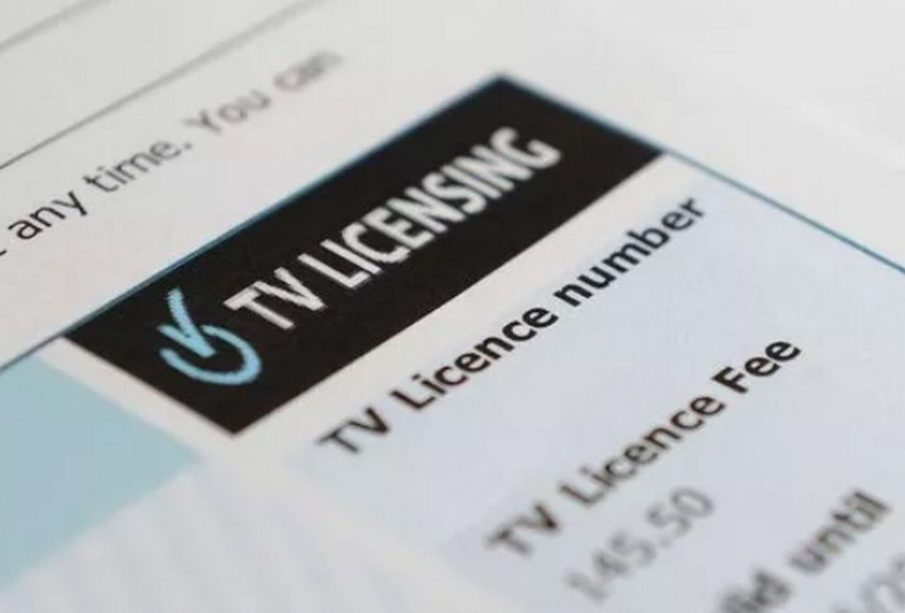The Significance of the TV Licence in the UK

Introduction to TV Licence
The TV licence is a mandatory fee that UK residents must pay to legally watch or record live television broadcasts, including content on platforms like BBC iPlayer. With the rise of streaming services and changing viewing habits, the relevance and structure of the TV licence have become hot topics of discussion in the UK. As of recent years, the BBC’s funding and operations have been heavily influenced by the TV licence fee, prompting debates about its future.
Recent Changes and Public Sentiment
In 2023, several changes and proposed reforms regarding the TV licence fee were announced by the UK government, with calls from various groups expressing that the current system is outdated. A report from the BBC indicated that the number of households paying for a licence has decreased significantly, leading to concerns about the financial viability of the broadcaster. This decline in payments is attributed to younger viewers preferring subscription-based platforms like Netflix and Prime Video, which do not require a licence fee.
The current annual fee for a TV licence stands at £159, but many citizens are questioning whether this amount is justifiable given the shift in media consumption habits. A YouGov survey revealed that nearly 50% of respondents believe the TV licence should be abolished or significantly reformed. However, supporters argue that the fee is critical for maintaining quality public broadcasting in the UK.
Legal Implications and Enforcement
Failure to pay for a TV licence can result in criminal charges and a fine of up to £1,000. Despite this, many UK citizens have adopted a non-pay approach, leading to increased enforcement actions by BBC and legal proceedings against those found without a valid licence. As of 2023, the BBC reported that over 120,000 cases were referred to magistrates courts for licence fee evasion, indicating the contentious nature of this issue.
Future of the TV Licence
As discussions about broadcasting funding continue, the future of the TV licence remains uncertain. Some propose a model of individual subscription fees tailored to specific content, while others advocate for newer funding methods such as a public broadcast tax. The outcome will shape not only the BBC Operating model but may also alter public access to quality content in the UK.
Conclusion
The TV licence is poised at a crossroads of public service broadcasting and modern viewer practices. With increased calls for reform and a declining number of payers, it is clear that the system requires review and possible restructuring. As these conversations unfold, UK residents should stay informed about how these changes could directly affect their viewing options and the future of broadcasting in the country.









